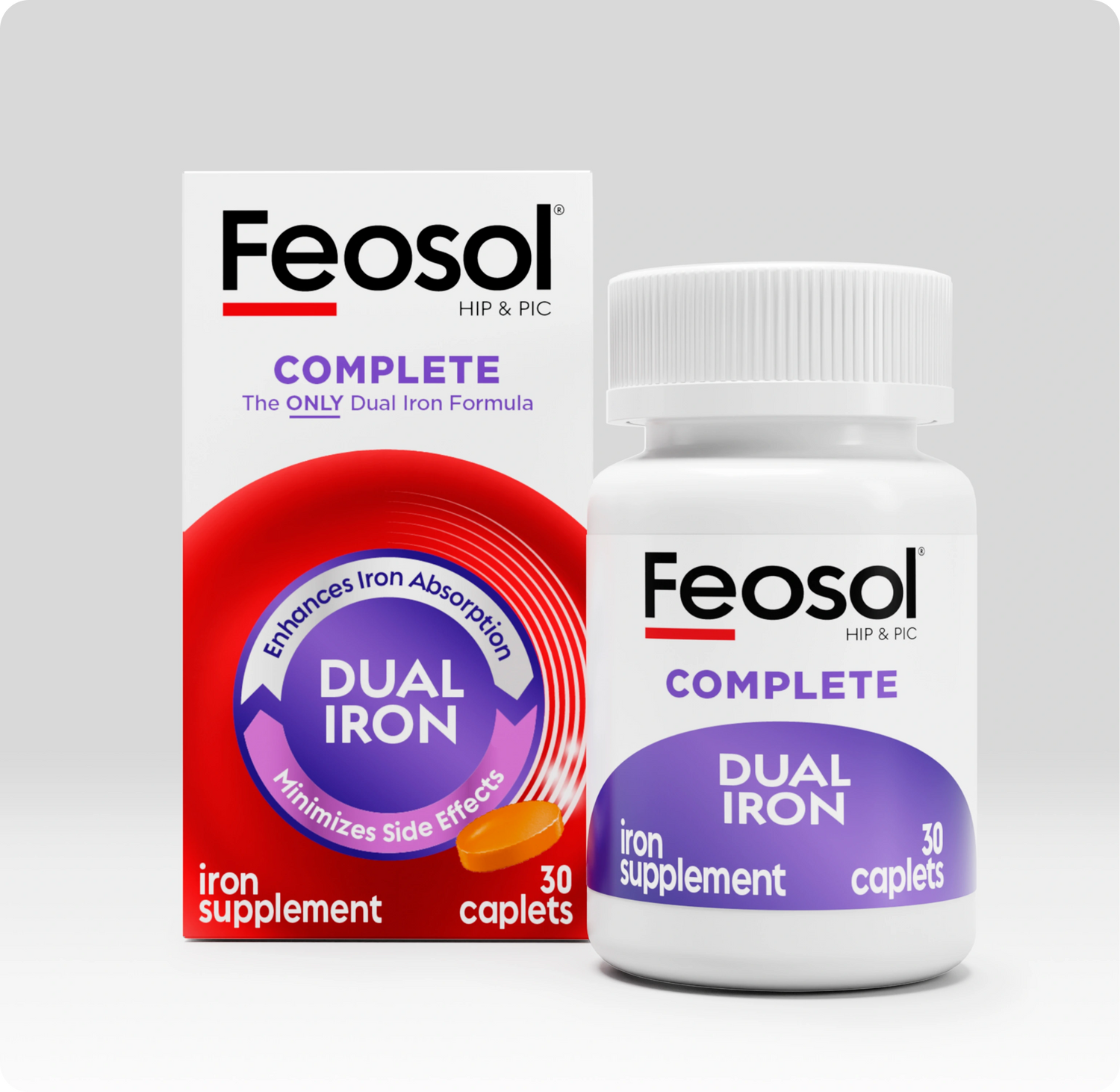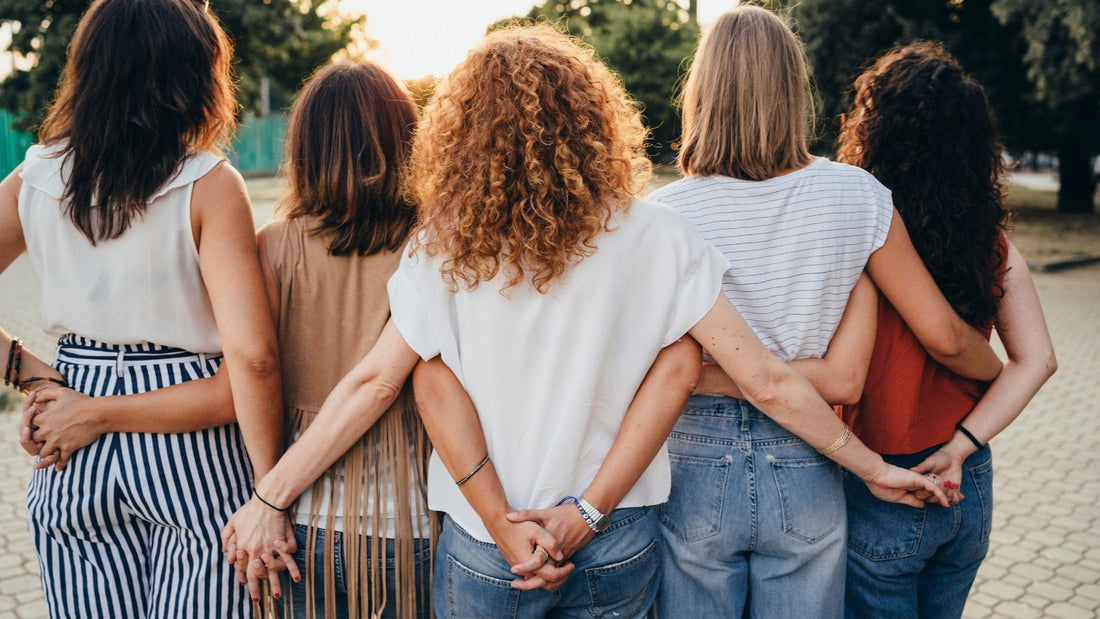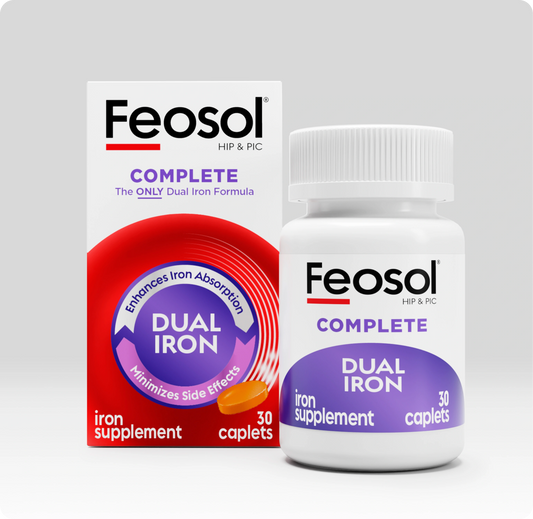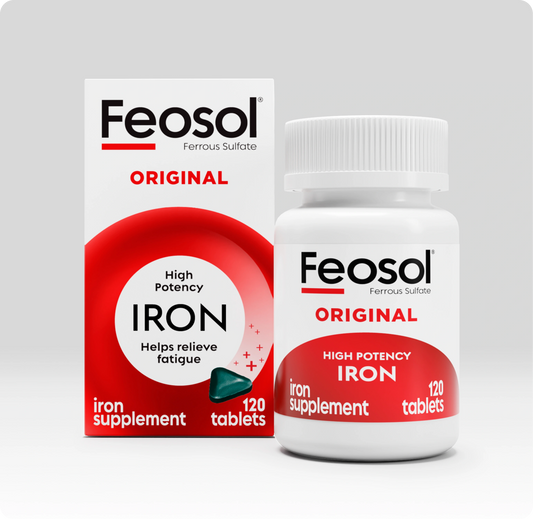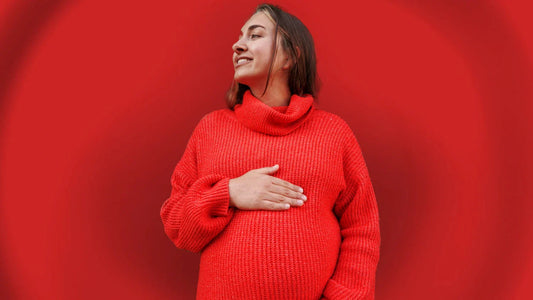Approximately 1 in 5 women of childbearing age has iron deficiency anemia. That’s 3.3 million women!
Why women? You can thank Mother Nature.
Women in this large age group (spanning age 12 to 49) have an increased risk of developing iron deficiency anemia for two main reasons: 1) because of blood loss during menstruation and 2) increased iron needs during pregnancy.Therefore, their daily dietary iron needs are greater than those of older women.
Why do women of childbearing age need iron?
Iron is essential for the functioning and synthesis of hemoglobin, a protein that transports oxygen throughout the body. Iron is also involved in DNA synthesis, immune functioning, brain development and the synthesis of neurotransmitters and collagen.
Because of its important role in oxygen transport, people who are anemic may be pale, weak, cranky, tired, get sick more easily and see noticeable differences in their physical and mental performance.
Pregnant women need significantly more iron than women who are not pregnant to support iron needs of the growing fetus, increased blood volume during pregnancy and blood loss during delivery.
Too little iron during pregnancy can increase one’s risk of having a preterm baby or delivering a low birth weight baby. Therefore, all women of childbearing age need to consume adequate amounts of iron to support planned or unplanned pregnancy.
Iron Deficiency in Women of Childbearing Age
There are several factors that contribute to an increased risk of iron deficiency in women of childbearing age:
- For instance, heavy menstrual blood loss, which affects an estimated 10% of women in the United States, is an important risk factor.
- In addition to naturally heavy menstrual cycles, using some intrauterine devices can increase menstrual blood loss.
- Also, women in this age group who have had several children also have an increased risk of developing iron deficiency anemia.
- And finally a previous history of iron deficiency anemia and low dietary iron intake can both increase risk.
Because adolescent girls and women of childbearing age have an increased risk of developing iron deficiency anemia, experts recommend they increase their intake of iron-rich foods and foods that enhance the absorption of iron from plant-based foods such as fortified cereals and bread.
Pairing plant-based sources of iron (like spinach or peas) with vitamin C-rich foods (i.e. a glass of orange juice) and sources of heme iron (found in meat, fish and poultry) enhances non-heme iron absorption.
Additionally, girls and women of childbearing age should be screened for anemia every 5-10 years. Those with anemia may need supplemental doses of iron to restore their iron levels to within normal limits.
-
Patterson AJ, Brown WJ, Roberts D CK, Seldon M. Dietary treatment of iron deficiency in women of childbearing age. Am J Clin Nutr 2001;74:650-6.
CDC. MMWR. Recommendations to Prevent and Control Iron Deficiency in the United States. MMWR, April 03, 1998/47(RR-3);1-36.
Anemia Fact Sheet. US Department of Health and Human Services Office on Women’s Health. Retrieved from: http://womenshealth.gov/publications/our-publications/fact-sheet/anemia.cfm March 3, 2012.
